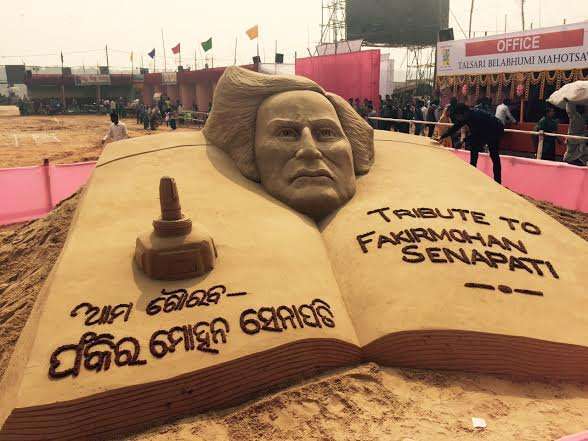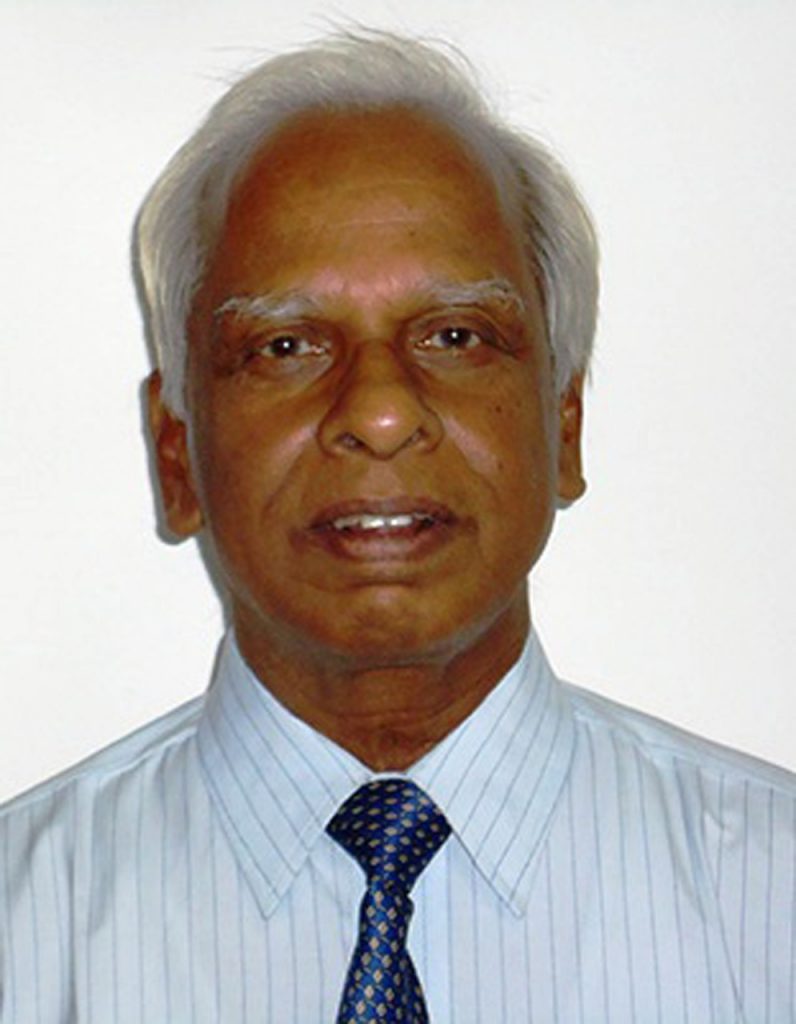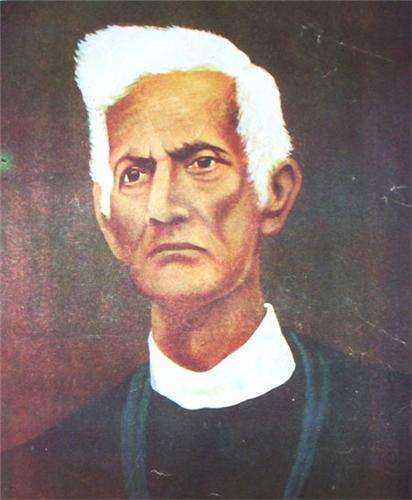(Monday, February 21, International Mother Language Day 2022. On this day, we must shower praise on all those who worked for, and who are working for, the preservation, revitalization and development of their own languages, and also all those, who speak languages different from theirs, for helping them in this effort. They all deserve our respect.)
Phakir (that’s how he spelt his first name) Mohan Senapati, the great writer, thinker and educationist, was deeply concerned about the development of Odia. Odia had finally been officially accorded the status of a language. But those who had argued that Odia was not a language but a dialect of their language, were unfazed. The official recognition would hardly amount to anything significant, they said. Children in the schools of Odisha (spelt as “Orissa” then) would continue to be taught in Bengali because there weren’t any text books in Odia (“Oriya” then). The Odias would continue to read newspapers in Bengali because there was no newspaper in Odia. The official recognition of Odia as a language would change really nothing.
Not just that. In 1836, writes Senapati in his famous autobiography, the Government had decided to discontinue the use of Persian as the Court language in Odisha in favour of Odia but because the Odia clerical staff continued to use Persian, habituated as they were to use it for the relevant purposes, the Government’s decision could not be implemented for years. Similarly, although the Government had directed the school administration to provide for the teaching of Odia at school, nothing changed. Teachers of Odia were disinterested. Odia was being taught by Sanskrit teachers, whose mother tongue was Odia. But they had a derogatory attitude towards Odia and hated to teach this language.
Now this: if a school student asked his parents or guardians for money to buy an Odia book, he was advised to buy an English book instead. An English book would teach something useful, they would say. Since he (or she) had already had chatshali education (roughly, pre-school / primary education) in Odia, they would tell him, there was no further need for him to study the language. And school children, native speakers of Odia, preferred not to speak in Odia; they were happy to speak in mixed Bengali-English when they spoke to one another in public.

Incidentally, in the early nineteen fifties, when I was in the Upper Primary school (Class Vi and VII) in my village, which was well-known in the neighbourhood for its culture, our elders at home and our teachers at school were happy if we scored good marks in English, Science and Mathematics but weren’t impressed if we did well in “Sahitya” (Odia literature). We were always told to do well in those three subjects but no one asked us to do well in Sahitya. The same was the case at high school. We were comfortable by our village standards, but buying books – that my family could ill afford. The only non-school text book my father bought for me was: “Child’s Easy First Grammar”, which was a grammar of English for the beginners. And mine was, by no means, an isolated case.
These days parents are keen that their children learn English, which they see as the language of economic opportunities and for that reason, of upward social mobility. Those who can afford, send their children to non-government English medium schools, where barring exceptions, Odia is not taught. Not just that. The Odia-speaking students are strongly discouraged from speaking to one another in Odia while at school. But the parents do not complain; in fact, some teachers say that it is the parents who actively support this directive of the school. Probably to give their children further practice in English, some parents encourage their children to use English at home too. They prefer it that their children use the appropriate English kinship terms for them. Growing up in such an environment, the child might think that Odia need not be taken seriously. Now, although Odia has been officially declared as the official language of Odisha, quite a lot of administration is still being carried out in English. As the journalist, writer and language activist observes, this situation might create the impression among the Odias that Odia is a dispensable language.
All these remind us of what Phakir Mohan had written about the situation of Odia a hundred years ago.
In order to deal with the text book problem, Phakir Mohan wrote a small grammar book and an arithmetic book for children. He translated the venerable thinker, educationist and social reformer Ishwara Chandra Vidyasagar’s autobiography into Odia for use as a school textbook and it got the authority’s approval. Subsequently, some other eminent writers and intellectuals, including the great poet, Radhanath Ray, equally concerned with the problem of the dearth of teaching materials in Odia, wrote school text books.
Phakir Mohan knew it very well that it was not enough for the development of Odia that the school goers had text books in this language. People must read books in Odia. But at that time, as already said, there wasn’t even a newspaper in Odia. Phakir Mohan, Radhanath Ray and other like-minded people thought that the works of the great poets such as Jagannath Das, Upendra Bhanja, Dinakrushna Das and other ancient poets should be printed. But at that time there was no printing press in Odisha. Let’s leave that story here.
For the development of Odia, Phakir Mohan had a suggestion, which, in my view, is like a mantra: lekha (write in Odia), lekhaa-a (persuade others to write in Odia); padha (read material in Odia), padhaa-a (persuade others to read material in Odia). To this, we could add: kina (buy reading materials in Odia), kinaa-a (persuade others to buy reading materials in Odia). Needless to say, this formula of language development would apply to any language. The context would determine the specifics.
(The views expressed are the writer’s own)

Prof. B.N.Patnaik
Retd. Professor of Linguistics and English, IIT Kanpur
Email: [email protected]
(Images from the net)

